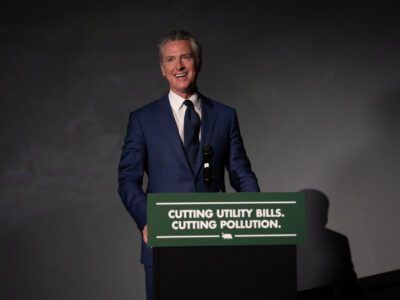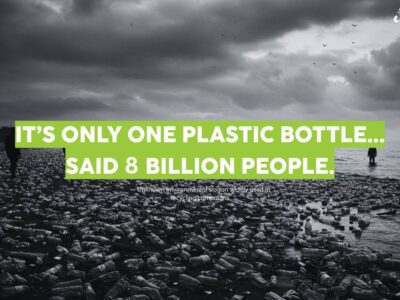Addressing Corruption In Electric Vehicle Battery Supply Chains
New CLEE/NRGI issue brief offers solutions

In the race to scale up a global supply chain for electric vehicle batteries, mining justice advocates have sought to ensure that the ongoing clean technology minerals boom does not exacerbate longstanding negative impacts from the global mining industry. Chief among these are corruption risks.
To provide guidance to electric vehicle purchasers (particularly fleets), advocates, and leaders in “downstream” markets about how to support anti-corruption measures in the battery supply chain, Berkeley Law’s Center for Law, Energy and the Environment (CLEE) partnered with the Natural Resource Governance Institute to issue a new policy brief: Corruption Risks in the EV Battery Supply Chain: What Advocates, Automakers and Fleet Purchasers Can Do.
The brief presents a set of actions for “downstream” markets, such as in the United State and European Union. Among the steps that the report recommends these actors take:
- Battery manufacturers, automakers, and fleet purchasers could integrate checks on corruption risks into responsible sourcing and due diligence systems. Risks from supply chain relationships may directly affect company operations, and companies can leverage their influence to promote better practices and policies. When necessary, they should be willing to disengage or suspend engagement with suppliers.
- Manufacturers, automakers and purchasers could also encourage project-level contract, payment, commodity trading, and beneficial ownership transparency and robust ethics and compliance policies from suppliers. Companies could look for comprehensive project or sale-level disclosure of contracts and licenses, payments to governments, and verified beneficial ownership information, internal oversight and independence of ethics and compliance procedures, robust disciplinary and remediation procedures.
- Electrification and sustainable mining advocates in North America and Europe could emphasize the importance of governance and anti-corruption measures in their advocacy. Specifically, advocates can better incorporate anticorruption into benchmarks or reports that assess companies’ sustainability provisions and/or responsible sourcing.
- Advocates could push for governments to incorporate strong anticorruption provisions into sustainability criteria for mining projects, in policies and legislation addressing responsible sourcing or due diligence, and in partnerships or trade deals with mineral-producing countries.
Ultimately, corruption is not a victimless crime. It undermines trust in government and deprives the public of needed revenues from mining projects. It can also jeopardize supply chain affordability and reliability as the world makes this critical transition to a cleaner transportation system. With the steps outlined in Corruption Risks in the EV Battery Supply Chain: What Advocates, Automakers and Fleet Purchasers Can Do, advocates, purchasers and downstream market leaders have an opportunity to ensure that the electric vehicle mining boom doesn’t replicate past and ongoing harms from the global mining sector.
Reader Comments
One Reply to “Addressing Corruption In Electric Vehicle Battery Supply Chains”
Comments are closed.







Let’s make everything here???? Yes, no, maybe? (Please say that would help …)